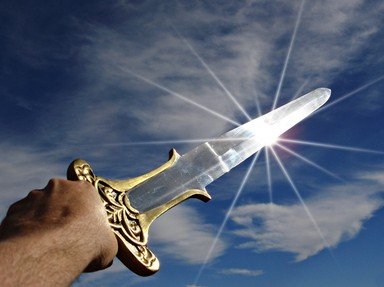
Battles in Britain Trivia Quiz
Here is a list of battles which took place on British soil. Your challenge is to place them in the correct order from the earliest to the most recent of those I've given you. The earliest took place in the 9th century and the most recent in the 18th.
An ordering quiz
by rossian.
Estimated time: 4 mins.